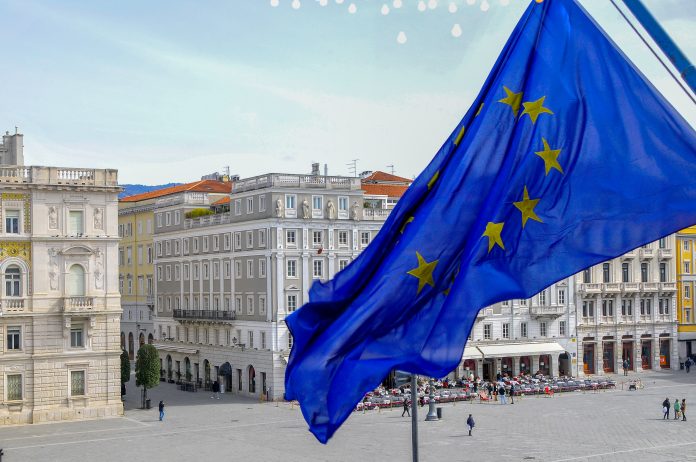by InTrieste
In an ambitious move to tackle long-term unemployment, the regional government of Friuli Venezia Giulia has launched the “Work Sites 2025” initiative, allocating €5.121 million to municipalities across the region. The funding, presented by Regional Councilor for Employment, Alessia Rosolen, is aimed at assisting long-term unemployed individuals in finding temporary work in various public service projects.
The initiative, which is the largest of its kind ever introduced by the regional administration, will collaborate with local Employment Centers to help individuals who have been out of work for extended periods. The projects will focus on temporary, community-driven activities such as forestry management, reforestation, mountain upkeep, and the creation of public infrastructure aimed at environmental improvement and urban renewal.
“These are critical investments that not only provide employment to those in need but also contribute to the long-term wellbeing of our communities and environment,” Rosolen stated during the announcement in Trieste. The funding is designed to provide temporary work opportunities that directly benefit local municipalities and improve the region’s ecological and urban landscapes.
To be eligible for the program, applicants must meet several criteria: they must be unemployed, residents of Friuli Venezia Giulia, and not currently receiving unemployment benefits, pensions, or social allowances. They must also be registered with the local Employment Centers, where factors such as age, duration of unemployment, economic status (ISEE), and parental status (priority given to single parents) will contribute to the selection process.
The region will fully fund the daily work allowance of €68.65 per participant and cover the entirety of social security, welfare, and insurance contributions. Additionally, each worker will receive a lump sum of €250 to partially offset the costs of workplace safety.
The “Work Sites 2025” initiative is part of a broader regional effort to reduce unemployment and revitalize public spaces through local engagement. By focusing on green and urban projects, the program aims to create meaningful work while addressing pressing environmental and infrastructural needs in the region.





























